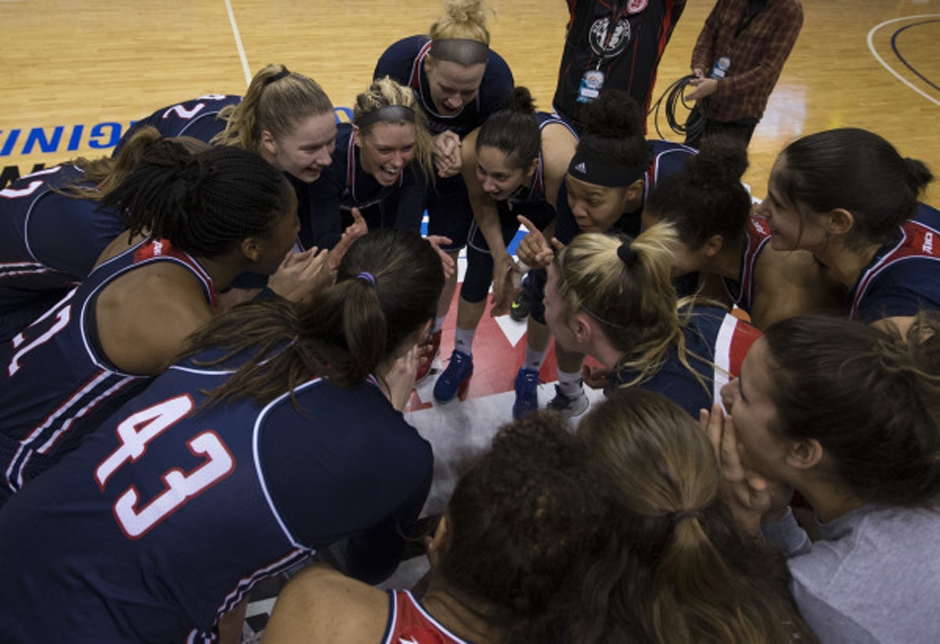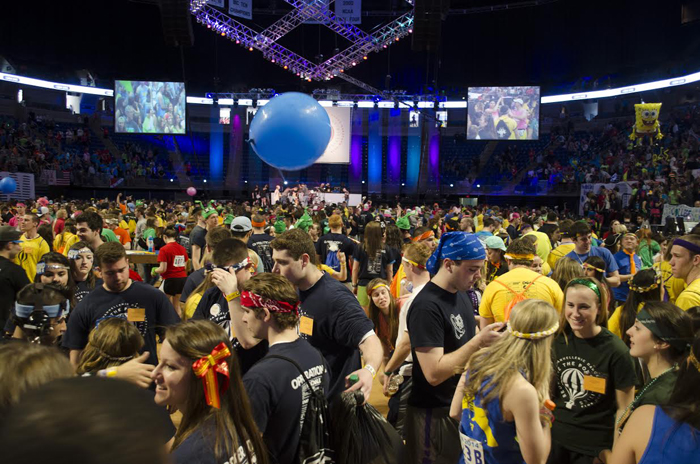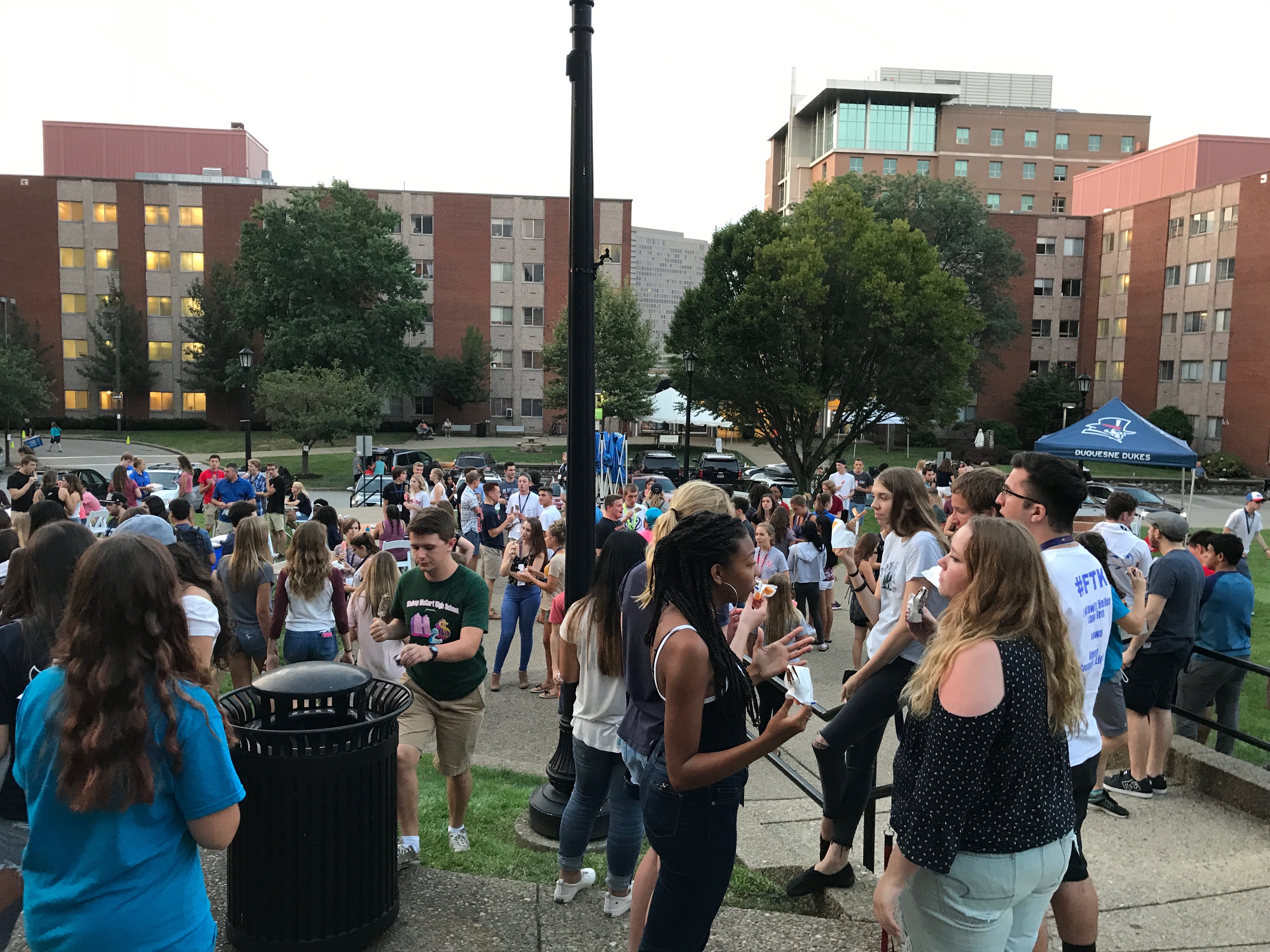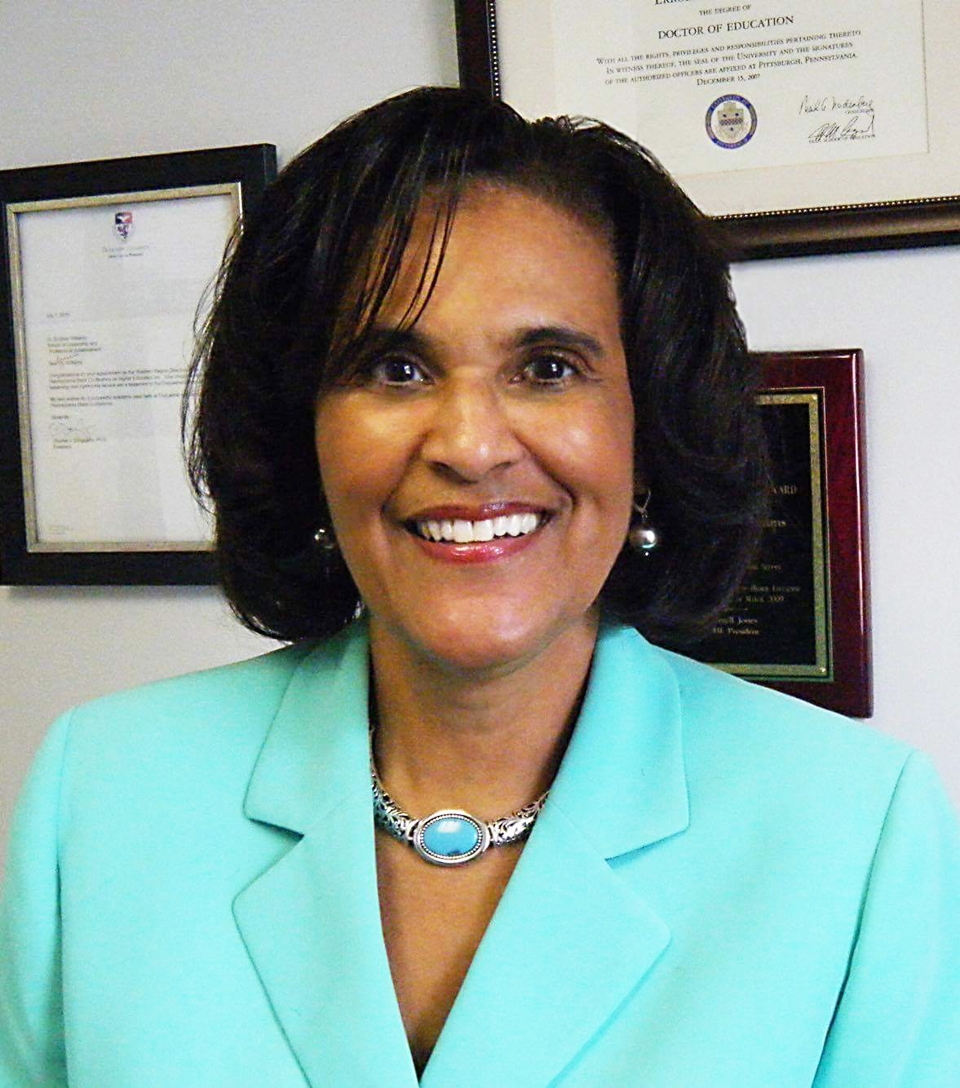
Williams is a training and project specialist in Duquesne’s Human Resources department. She was appointed to the board of directors of non-profit Gwen’s Girls.
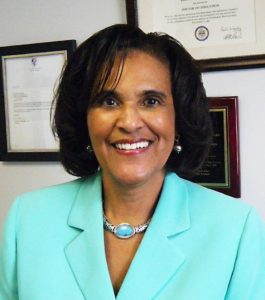
Williams is a training and project specialist in Duquesne’s Human Resources department. She was appointed to the board of directors of non-profit Gwen’s Girls.
Liza Zulick | Staff Writer
A Duquesne employee will be helping young Pittsburgh girls who are at-risk of violence, teen pregnancy and entering the juvenile justice system.
On Sept. 21, Erroline Williams of the Human Resources Office was given a position on the Board of Directors for Gwen’s Girls, a non-profit charity organization founded in 2002 “to empower girls and young women to have productive lives through holistic, gender-specific programs, education and experiences.”
This organization helps over 100 young girls in the Pittsburgh area become “self-sufficient adults, equipped with the capacity to continuously evolve emotionally, physically and spiritually … ” according to the Gwen’s Girls mission statement.
“This is a huge reward because I feel I can reach young women at the age that impacts them the most,” Williams said. “This way, they can reach their goals of higher education.”
With the recent addition of three directors, the Board of Directors is now made up of 17 individuals. The job of the directors is to “try to address of the girls’ needs so they can move to be more self-sufficient,” according to Executive Director Kathi Elliott.
Elliott’s mother, Gwendolyn J. Elliott, who passed away in 2007, founded the organization. Gwendolyn Elliott wanted to empower young girls because of her background in the male-dominated United States military, where she served in the National Guard and Air Force Reserve.
She then became one of the first female police officers in Pittsburgh, moved up the ranks to sergeant and ultimately became Pittsburgh’s first African-American female commander. Gwendolyn Elliott wanted to provide young women who struggled in parts of their lives, especially since she experienced similar struggles.
Currently, Gwen’s Girls hosts three after school programs placed around the Pittsburgh area. These programs are set up for young girls in foster care programs.
According to the Gwen’s Girls website, the groups offer girls interaction with peers and get help with homework, life skills, discover unique talents and more. Summer programs are also held after the school year ends.
Forty-two percent of girls who live in the United States are part of low-income families, which is why Elliott chose to base her program around girls. This creates a bigger issue: These girls become three times more likely to be at-risk for violence and domestic abuse, according to the Center for Problem-Oriented Policing statistics. Gwen’s Girls strives to give them the perfect role models.
So far, the outcome of Gwen’s Girls has only been positive, according to the organization’s website. The group showed that when given the opportunities, many girls can achieve its goals. According to its website, 100 percent of the girls in the program moved onto the next grade level, and every girl involved avoided re-entering the juvenile justice system.


